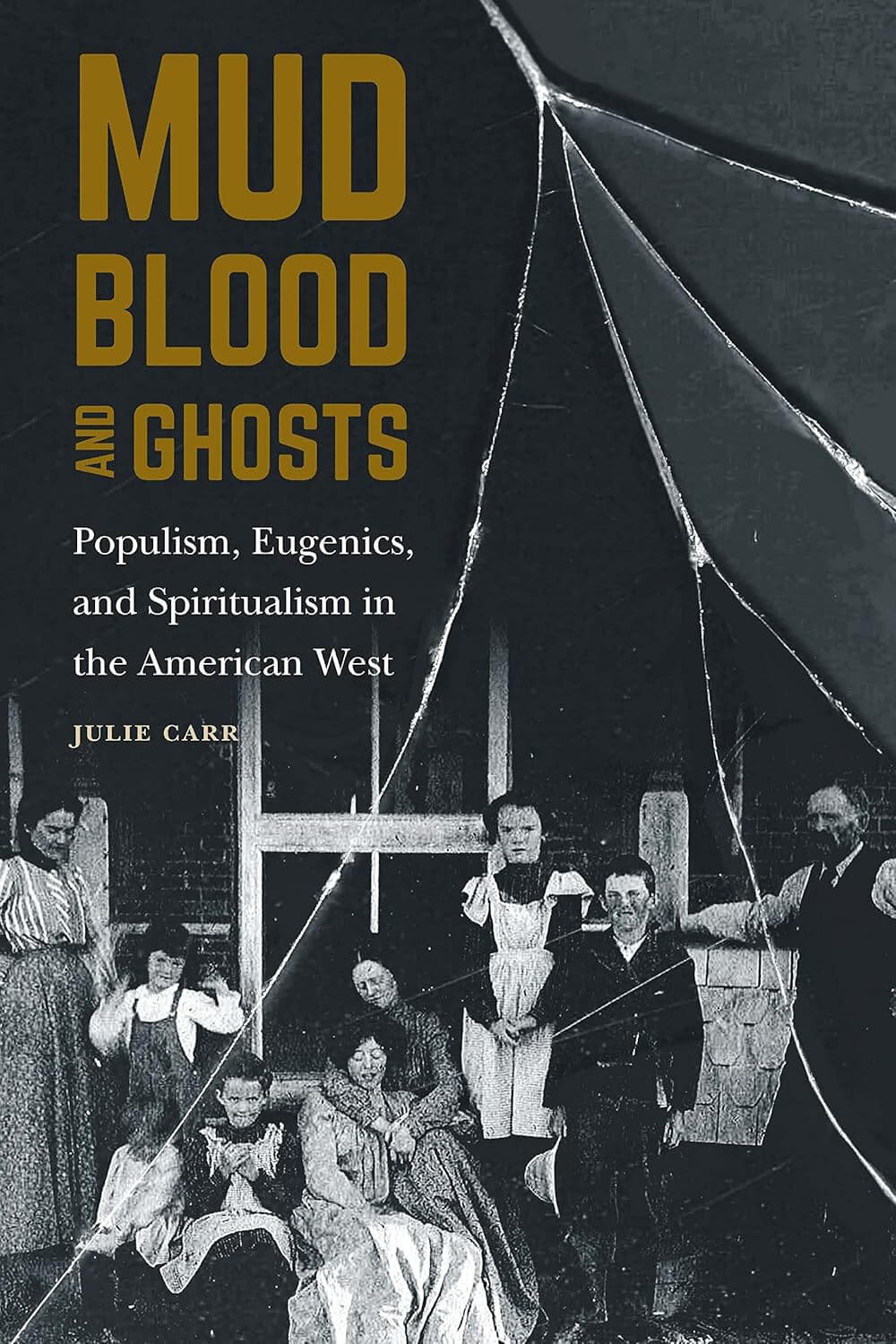True confessions
The call-in podcast and thriller worlds are both upended in Carter Wilson’s new novel

The call-in podcast and thriller worlds are both upended in Carter Wilson’s new novel

A new thriller pulls together a serial killer and a journalist, both seeking redemption

Debut YA novel unveils menacing events at an elite private academy and young people fighting to survive

A poet and professor interrogates her great-grandfather’s role in forming the mindset of the American West

Denver-born author Rackham Holt’s biography of George Washington Carver, 80th anniversary edition

Colorado Springs publisher talks about Carver’s brilliance and prescience in an interview with RMR

Through adventure, heightened emotion, societal struggles and magic, YA novels can light a fire in a burned-out adult

Young Adult novel explores cultural heritage while chasing a mythical creature that’s all too real
A fan of all things fantastical and frightening, Shannon Lawrence writes primarily horror and fantasy. Her short stories can be found in over 60 anthologies and magazines in addition to her horror short story collections. Her nonfiction title, The Business of Short Stories, and debut urban fantasy novel, Myth Stalker: Wendigo Nights, are available now. You can also find her as a co-host of the podcast Mysteries, Monsters, & Mayhem. When she's not writing, she's hiking through the wilds of Colorado and photographing her magnificent surroundings, where, coincidentally, there's always a place to hide a body or birth a monster. Find her at www.thewarriormuse.com.


Terri Lewis grew up in Colorado, was a ballet dancer with a German opera company and worked in a circus. It may come a surprise, then, that her debut novel is about the life of Isabelle d’Angoulême, the 11-year-old French noble abducted by England’s King John (yes, that King John—the Magna Carta and all), taken back to England and made queen. As the novel progresses, we realize that Lewis is also a trained historian and an excellent researcher with a passion for medieval times.
The narrative is lively and compelling. Drawing on scant primary sources and historical records, Lewis creates Isabelle as a rich, complex character. Lewis renders Isabelle’s development from a silly child into an effective queen and independent agent able to direct her own destiny, thus fashioning a believable heroine immersed in a believably detailed world.
The story opens in 1198. Isabelle is betrothed to Hugh de Lusignan, who is appreciative of her future dowery but smitten with someone else. Isabelle senses that something is amiss and decides to play at courtly love by flirting with the Plantagenet king. King John, in turn, is smitten by young Isabelle and spirits her away. Her childish fantasies of true love and life in a beautiful castle are quickly dashed when she discovers how cruel her new husband really is. The narrative, while centered on Isabelle, offers the changing perspective of Hugh, and it incorporates the historically well-known characters, Eleanor of Aquitaine (John’s mother) and Richard the Lion Heart (John’s brother) as secondary characters in the Plantagenet drama.
As was the case with most noble women in the 12th and 13th centuries, Isabelle is initially a mere pawn for the men around her—expected to bring her husband a rich marriage settlement and then breed heirs. Learning from the formidable Queen Eleanor, as well as from the exceptionally strong women from the servant classes, this coming-of-age story reveals a more nuanced path than one might initially expect. Isabelle’s increasing autonomy and her growing skill at navigating the complexities of the court and surrounding society make for an exciting read. Although the last few chapters seem a bit rushed, this novel will charm fans of historical fiction and remind us all of the many lesser-known women who have shaped history and, thus, ourselves.
— Perrin Cunningham